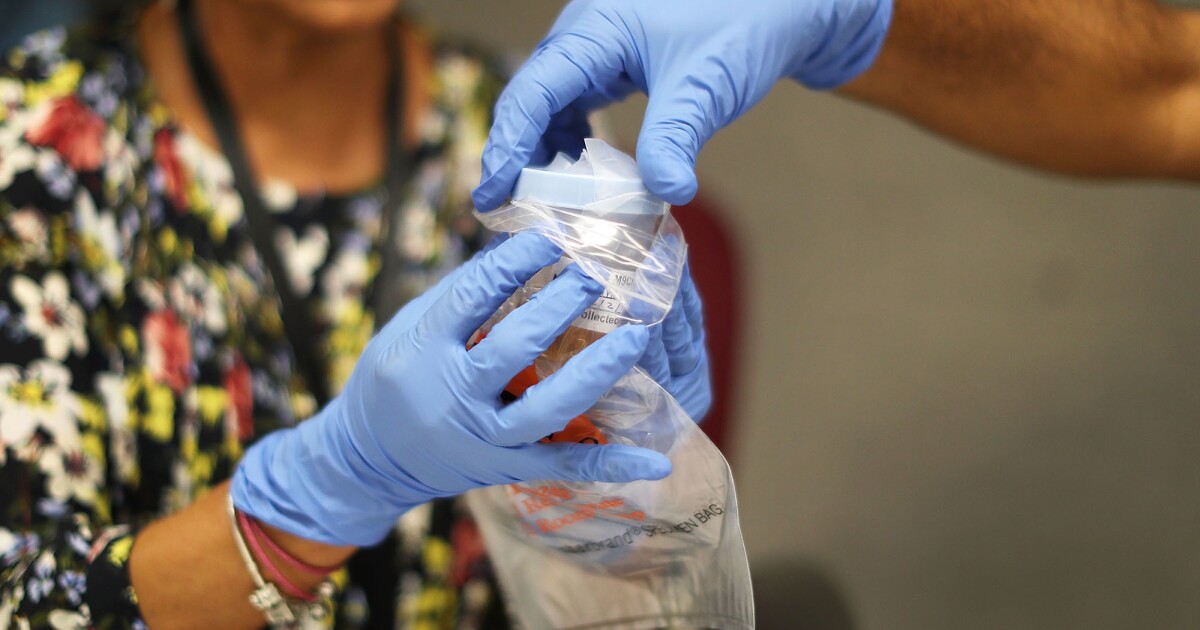
Zika virus testing is crucial for identifying infections, especially in areas where the virus is prevalent. But how is Zika virus testing done? Testing typically involves blood or urine samples analyzed for the presence of Zika RNA or antibodies. Why is it important? Early detection can help manage symptoms and prevent complications, particularly for pregnant women, as the virus can cause severe birth defects. Who should get tested? Anyone showing symptoms like fever, rash, joint pain, or red eyes, especially after traveling to affected regions, should consider testing. What are the types of tests? There are molecular tests, serologic tests, and plaque reduction neutralization tests (PRNT). Understanding these aspects can help you stay informed and take necessary precautions.
What is the Zika Virus?
The Zika virus is a mosquito-borne illness that has caused significant concern worldwide. Understanding how testing works is crucial for managing and preventing outbreaks.
-
Zika Virus Transmission: The primary mode of transmission is through the bite of an infected Aedes mosquito. However, it can also spread through sexual contact, blood transfusions, and from mother to fetus during pregnancy.
-
Symptoms of Zika Virus: Many people infected with Zika virus won't have symptoms or will only have mild symptoms. Common symptoms include fever, rash, headache, joint pain, red eyes, and muscle pain.
How is Zika Virus Testing Conducted?
Testing for the Zika virus involves several methods to detect the presence of the virus or the body's response to it.
-
Molecular Tests (RT-PCR): This test detects the virus's genetic material in blood, urine, or other body fluids. It is most effective during the first week of infection when the virus is present in high levels.
-
Serological Tests: These tests look for antibodies the body produces in response to the Zika virus. They can help determine if someone was infected in the past. However, cross-reactivity with other flaviviruses like dengue can complicate results.
-
Plaque Reduction Neutralization Test (PRNT): This confirmatory test measures the level of neutralizing antibodies to Zika virus in the blood. It helps distinguish Zika virus infection from other similar viruses.
Why is Zika Virus Testing Important?
Testing plays a vital role in controlling the spread of the virus and protecting public health.
-
Preventing Birth Defects: Zika virus infection during pregnancy can cause serious birth defects, including microcephaly. Testing pregnant women helps manage and reduce risks to the unborn child.
-
Tracking Outbreaks: Testing helps health officials track the spread of the virus and identify outbreak hotspots. This information is crucial for implementing control measures.
-
Guiding Treatment: While there is no specific treatment for Zika virus, testing can guide supportive care and management of symptoms, especially in severe cases.
Challenges in Zika Virus Testing
Despite its importance, testing for Zika virus comes with several challenges.
-
Cross-Reactivity: Serological tests can cross-react with other flaviviruses, making it difficult to distinguish between Zika and other infections like dengue or West Nile virus.
-
Limited Testing Windows: Molecular tests are most effective within the first week of infection. After this period, the virus may no longer be detectable in blood or urine, complicating diagnosis.
Understanding these facts about Zika virus testing can help in managing and preventing the spread of this potentially serious illness.
Final Thoughts on Zika Virus Testing
Understanding Zika virus testing is crucial for public health. Testing helps detect the virus early, preventing its spread and protecting vulnerable populations like pregnant women. There are two main types of tests: molecular tests and serological tests. Molecular tests detect the virus's genetic material, while serological tests identify antibodies produced in response to the infection. Both have their strengths and limitations, so healthcare providers often use them together for accurate diagnosis.
Testing isn't just about diagnosis; it also aids in tracking outbreaks and guiding public health responses. By knowing where and how the virus spreads, authorities can implement effective control measures. Remember, early detection through testing can make a significant difference in managing and controlling Zika virus outbreaks. Stay informed, stay safe, and always consult healthcare professionals if you suspect exposure to the virus.
Was this page helpful?
Our commitment to delivering trustworthy and engaging content is at the heart of what we do. Each fact on our site is contributed by real users like you, bringing a wealth of diverse insights and information. To ensure the highest standards of accuracy and reliability, our dedicated editors meticulously review each submission. This process guarantees that the facts we share are not only fascinating but also credible. Trust in our commitment to quality and authenticity as you explore and learn with us.


